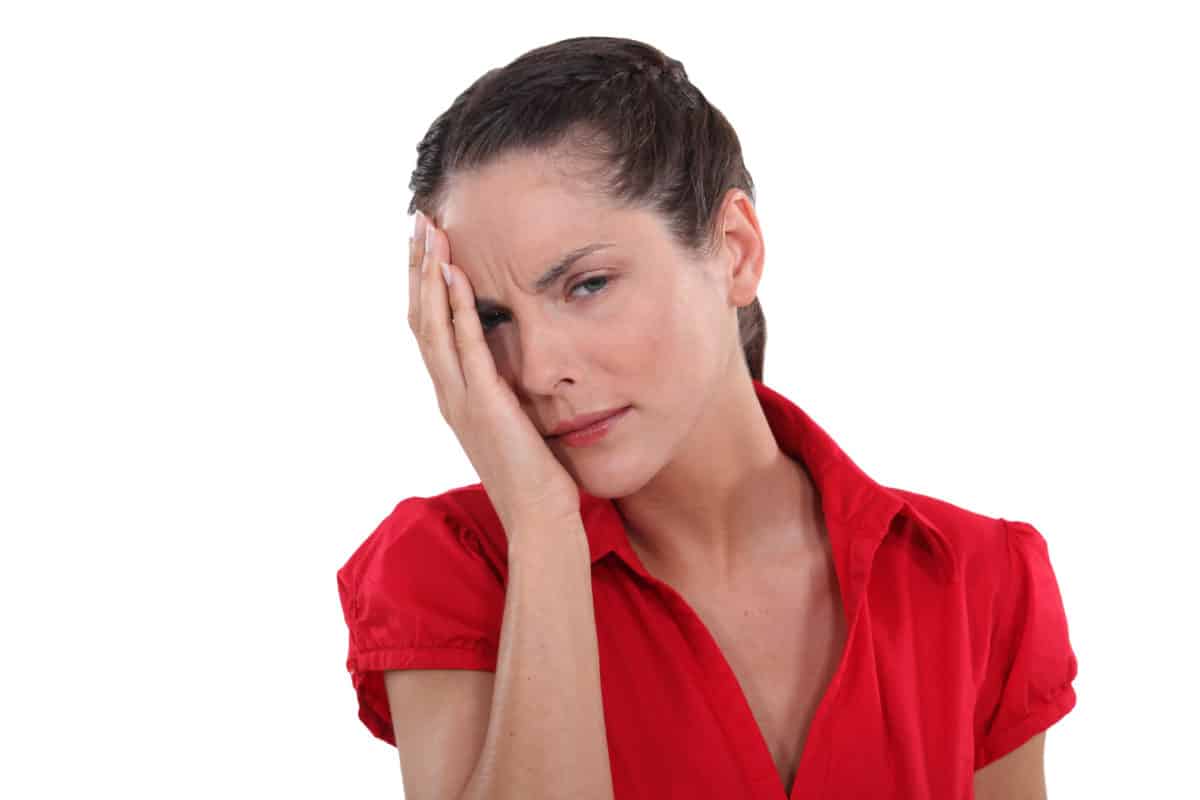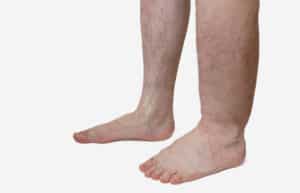Ocular migraines are often referred to as a visual headache. It’s when you experience a migraine with visual disturbances such as blind spots, shimmering stars, blind spots, and zigzag patterns.
Many wonder “can anxiety cause ocular migraines? Well, scientists still don’t know exactly what causes ocular migraines. However, they do know about things that can trigger them.
Can Anxiety Cause Ocular Migraines?
Yes, anxiety can trigger an ocular migraine. In fact, it’s one of the main triggers of them.
It is not the only one, however. Not by a long shot!
There are a lot of things that can trigger an ocular migraine. This can include hormones, genetics, stress, anxiety, and etc. The triggers vary from person to person. However, it’s important to recognize these triggers.
Ocular migraine triggers may include one or a combination of the following:
- Stress
- Anxiety
- Food with tyramine such as soy products, hard sausages, aged cheese and etc.
- Food with high monosodium glutamate or MSG
- Depression
- The change in the weather
- Too much caffeine or even caffeine withdrawal
- Loud sounds
- Bright lights
- Strobe lights
- Blinking lights
- Powerful smell or odor
- Food with high nitrates such as luncheon meats and hot dogs
- Artificial sweeteners
To help you monitor these triggers better, medical professionals recommend keeping a diary of your migraine episodes. It also helps to include other factors such as your sleeping habits, diet, exercise and menstruation.
Treatments for Ocular Migraines
Usually, ocular migraines go away on their own. And you can also take heart in that ocular migraines usually are not considered a serious medical condition.
There are a number of treatments that can help bring relief to those with ocular migraines. Some take pain killers, CBD oil, or other medications to keep their ocular migraines at bay.
However, if anxiety is the trigger for your migraine, it is best to get treatment for anxiety.
Standard treatment for anxiety often involves therapy and psychological counseling.
Recognize the Symptoms of Anxiety
People with anxiety often experience one or more of the following symptoms:
- Uncontrollable overthinking
- Worrying too much
- Racing thoughts
- Difficulty concentrating
- Feeling panicked all the time
- Having trouble with sleeping
- Feeling dreadful
- Heightened alertness
- Dissociation
- Hot flushes
- Sweating heavily
- Shaking
- Dizziness
- Extreme fatigue
- Constant lack of energy
- Fast breathing, and
- Hair loss.
Anxiety does not only trigger ocular migraines, but it can also lead to depression if left untreated.
If you experience the symptoms above, it is best to consult with a medical professional to help you get the treatment that’s right for you. Doing so can help reduce the chances of your getting an ocular migraine. And it can improve your life in many other ways as well!
Guide to Migraines
This article is part of our Guide to Migraine Treatments and Causes.
Check out the next topic in this series: When To Go To the ER For a Migraine








